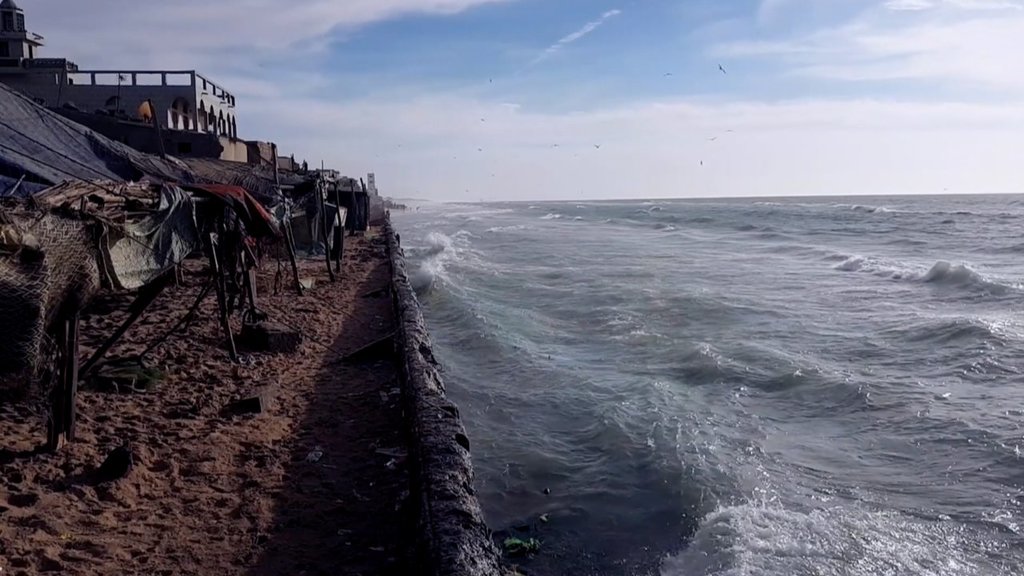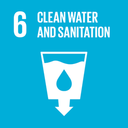Understanding the delta response to climate change
The IPCC WG-I Report on Global Climate Change published in August 2021, to which Deltares experts contributed, shows that the climate is changing faster than expected. This means that understanding how the shape of our deltas will change in response to climate change, is essential for well-founded decision making on how to keep deltas habitable. Deltares is developing the knowledge, software and tools to predict the longer-term physical development of deltas under climate change, including extreme climate change scenarios. In addition to this, we are working on indicators and storylines to interpret changes in deltas and to determine the right time to act.
Understanding the coastal response to climate change
With partners from the Netherlands Centre for Coastal Research, Deltares contributes to an extensive fundamental knowledge base of the Dutch coastal system. Drawing on this knowledge, Deltares is the strategic partner of the Dutch ministry of Infrastructure and Water management. In 2021, the evaluation of evaluation of the Sand Motor mega-nourishment and the knowledge programme Coastal Genesis 2.0 (aimed at determining sediment needs for the Dutch coastal system in the coming years) were completed. At the end 2021 its follow up started. The aim is to improve understanding of how much, and where, sand is needed to ensure coastal protection in the Netherlands.
'Deltares researchers and specialists ensure that the research results are properly interpreted and that they can be applied in practice. In this way, we produce sound policy recommendations and decisions about management and maintenance. This is an interactive process in which our people help make each other stronger'
Katja Portegies, Rijkswaterstaat Director of Safety and Water. Source: deltalife.deltares.nl/deltalife_july_2021/understanding_the_coastal_system_is_a_constant_challenge
Deltares also draws up the impact of climate change on the rise of the sea-level, and on groundwater salinization. Worldwide, billions of people depend on fresh groundwater resources for their domestic, agricultural and industrial water consumption, and water management authorities depend on groundwater models for their information. In 2021 Deltares made it possible to calculate, within a few days, variable-density groundwater and salt transport for a period of, for example, a century. This is much faster than what was previously possible and so it is a genuine game-changer. Forecasting models of this kind are made, for example, for Dutch water management authorities with the Netherlands Hydrological Instrument (NHI).
Contributing to integrated management of estuaries under climate change
In muddy estuarine systems, like the Brahma-Putra and Mekong Deltas, and the Dutch Wadden sea, tidal flats form unique ecosystems. The designation of the Wadden Sea as a Unesco World Heritage Site stresses their value. The ecosystems contribute to climate adaptation but are increasingly vulnerable to climate change themselves. In 2021 Deltares advised the Dutch Delta commissioner on the development of the Wadden sea under Sea Level Rise. A set of new simulations on how the system of tidal flats and channels respond to the rise in sea levels and resource mining, provided actionable information to the government, industry partners and nature organizations.
Deltares supports decision making in the Scheldt Estuary since the Netherlands and Flanders signed a treaty on joint policy and management in 2005. Both countries recognized the importance of agreed-on system knowledge, giving the complexity of interests in this densely populated and industrialized area, containing the navigation route to Antwerp and valuable ecosystems. Deltares built, with Flemish research partners, an impressive track record in understanding the physical, socio-economic and institutional aspects. Specialised advise is given to practically all involved national and regional governments. Applying nature-based solutions is important in the estuary. In 2021 Deltares had a central role in developing a sediment pilot in the mouth of the Western Scheldt, aimed at improving the possibilities for both countries to respond adaptively to sea level rise.
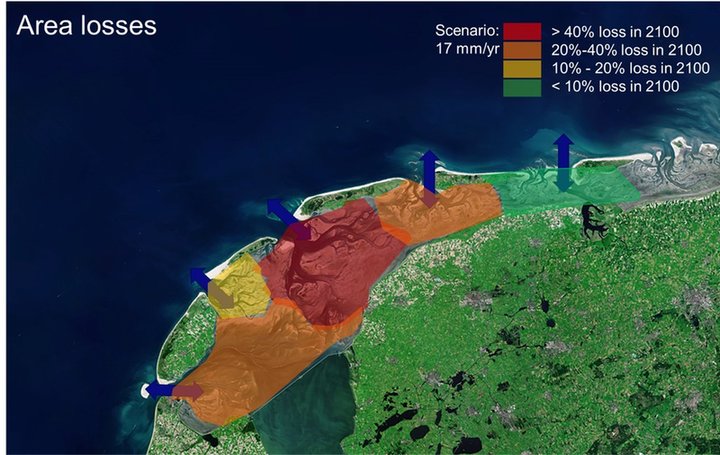
Analysing the changing behaviour of river systems
Climate change also has an increasing impact on the behaviour of our river systems. As one of the important key items within the IRM (Integral River Management) program of the Dutch government Deltares carried out a thorough system assessment to understand the processes and the impact on the user functions along the river. In close collaboration with the public and private sector, in 2021 Deltares developed proof of concepts and strategies for sustainable sediment use, to create added value for river management, ecology and spatial quality in the Rhine Meuse area.
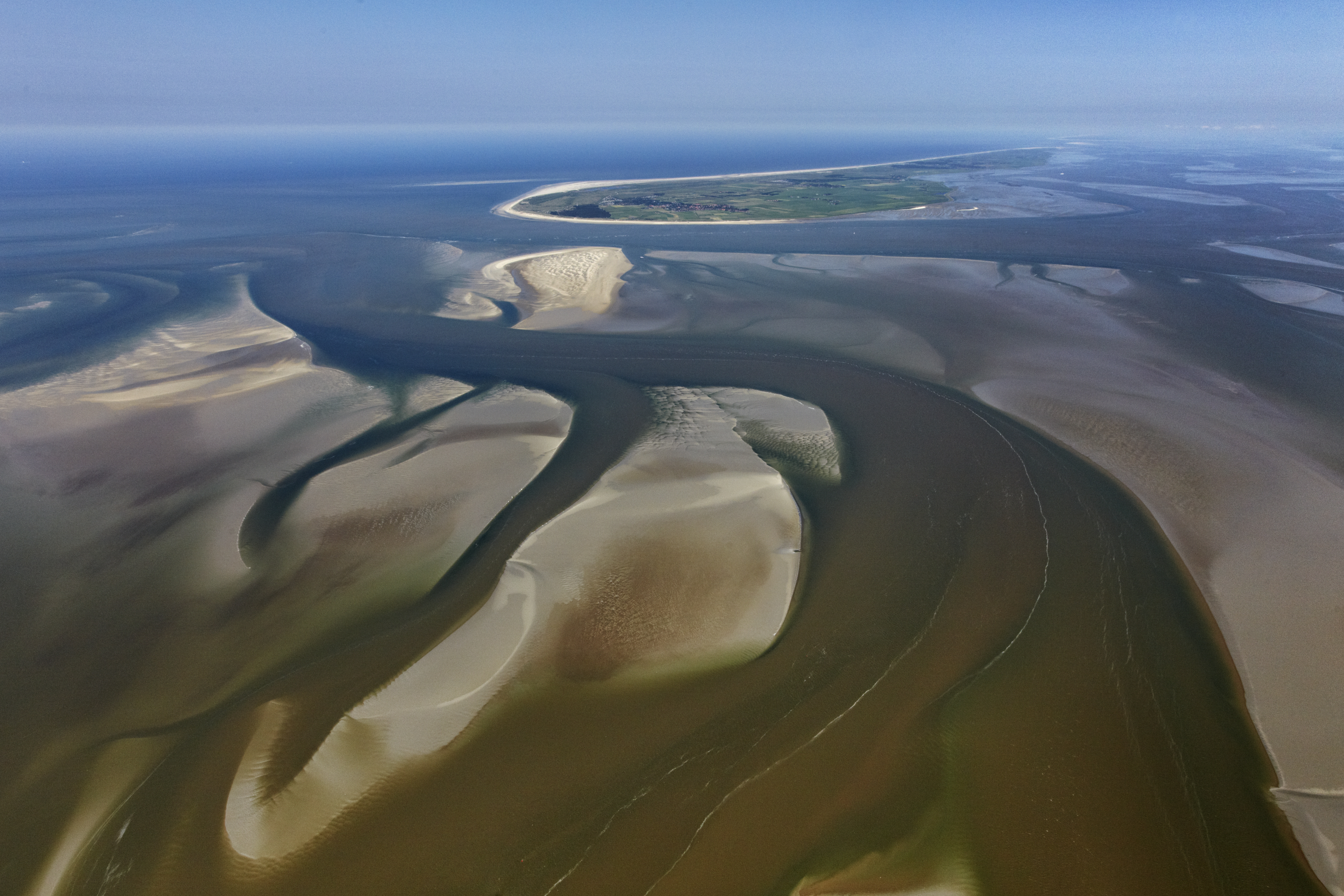
Delta’s worldwide
In 2021 we applied our long-term knowledge to countries worldwide, including the United States, Guyana, Senegal and Vietnam. For example, with RVO we took care of a sediment budget and river training for bank erosion in the Mekong delta, and in Senegal we supported with our partners the local government and created impact for the local communities.
To further maximize our impact, we develop tools like ShorelineS, Asmita, Delft3D, iMod to support researchers around the globe conduct system analy2ses and support their decision-makers in developing climate adaptation strategies.
External references
Ymkje Huismans, Ad van der Spek, Quirijn Lodder, Robert Zijlstra, Edwin Elias, Zheng Bing Wang, Development of intertidal flats in the Dutch Wadden Sea in response to a rising sea level: Spatial differentiation and sensitivity to the rate of sea level rise, Ocean & Coastal Management, Volume 216,2022,
View Dutch missions
All Sendai priority’s
More information
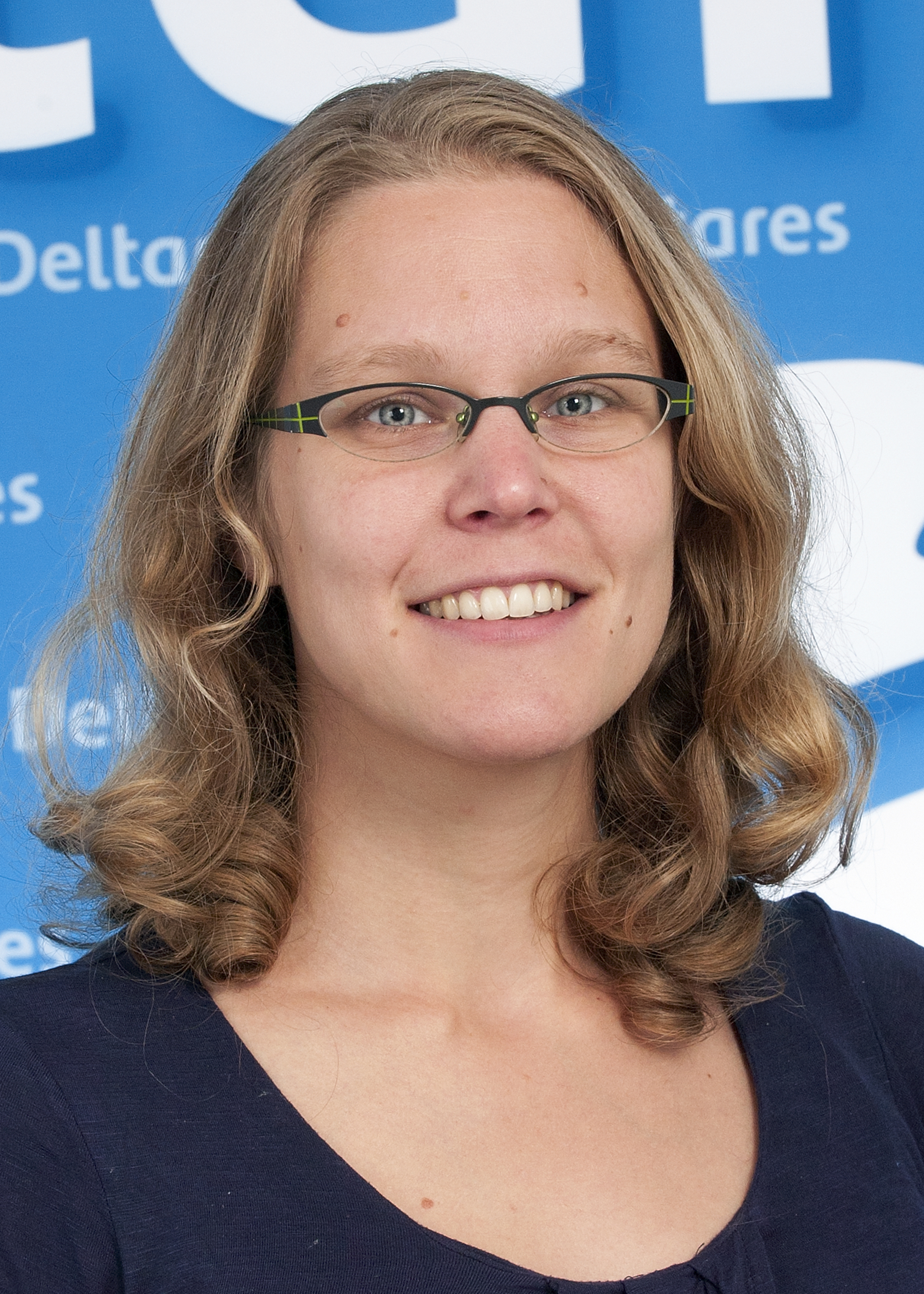
Ymkje Huismans

Nathalie Asselman
Our projects related to the MMIP
Water and subsurface as a basis for spatial planning
Utilizing solution space for climate adaptation
Dealing with land subsidence
Increasing preparedness for drought events
Understanding delta system response to climate change
Making better trade-offs for sustainable use of water resources
Improving water quality from source to sea
Improving ecosystem functioning to enhance biodiversity
Understanding delta system response to climate change
Understanding and predicting extreme flooding
Better protection against flooding
Effective and equitable flood risk management plans
Working towards resilient infrastructure networks
